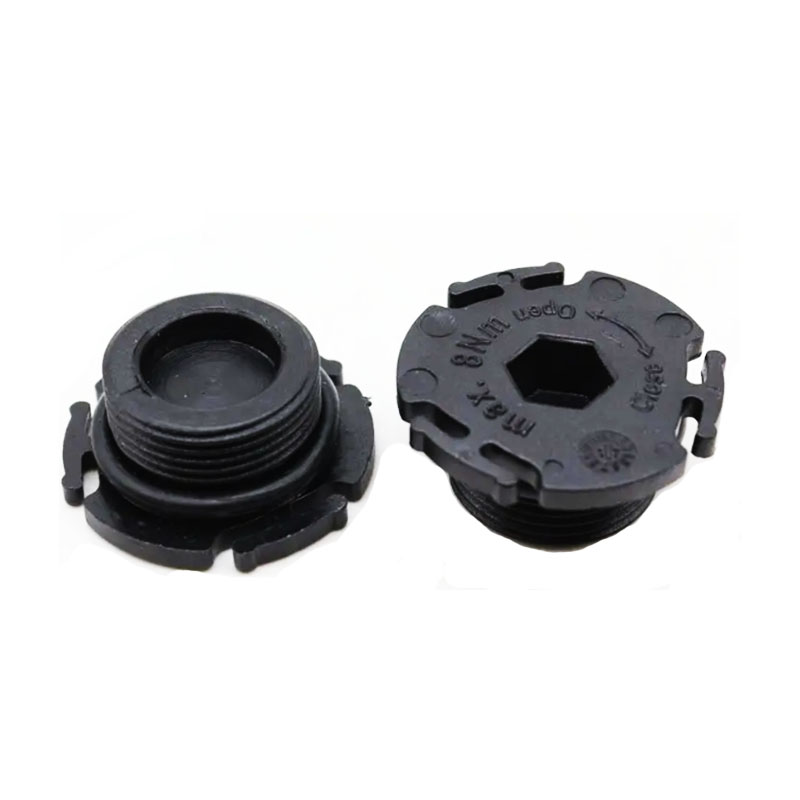Understanding Mechanical Oil Seals and Their Role in Equipment Reliability
Understanding Mechanical Oil Seals Essential Components for Equipment Integrity
Mechanical oil seals are crucial components used in various mechanical applications to prevent leakage of lubricants and to keep out contaminants. They serve to enhance the performance and longevity of machinery by ensuring proper lubrication while minimizing wear and tear. In this article, we will delve into the structure, function, types, and significance of mechanical oil seals.
What is a Mechanical Oil Seal?
A mechanical oil seal, also known as a shaft seal or simply an oil seal, is designed to seal the interface between a rotating shaft and a stationary part, typically a housing. The primary function of an oil seal is to retain lubricants within machinery and prevent the ingress of dirt, dust, or moisture that could compromise the inner workings of an engine or equipment. This sealing action is vital for maintaining optimal operating conditions.
Structure of a Mechanical Oil Seal
The design of a mechanical oil seal usually consists of several key components
1. Outer Frame This part is typically made of metal or elastomer. It ensures that the seal is firmly held in place within the housing.
2. elastomeric Lip The primary sealing element, generally made from rubber or other pliable materials, provides the dynamic sealing with the rotating shaft. This lip often incorporates a spring to maintain continuous contact with the shaft, ensuring that the seal remains effective even as wear occurs.
3. Lining and Other Materials The choice of materials for oil seals is crucial, as they need to withstand various operational conditions, including temperature fluctuations, chemical exposure, and mechanical wear. Common materials include Nitrile (Buna-N), Fluoroelastomers (Viton), and Silicone.
Types of Mechanical Oil Seals
Mechanical oil seals come in various designs, tailored for different applications
1. Standard Oil Seals These are the most common and are used in general applications such as automotive engines and transmissions.
mechanical oil seal

2. Lip Seals Featuring a flexible lip, these are particularly effective in keeping lubricants inside the machinery while blocking contaminants.
3. Double Lipped Seals These seals have two lips, offering enhanced protection against both leakage of lubricant and infiltration of contaminants.
4. Magnetic Seals These are effective in applications where a traditional mechanical seal might fail. Magnetic oil seals utilize magnetic forces to create an effective seal without direct contact with the shaft.
5. Mechanical Face Seals These seals are used in high-performance or high-speed applications and offer excellent sealing performance under varying conditions.
Importance of Mechanical Oil Seals
Mechanical oil seals play a significant role in the efficiency and reliability of machinery. Their importance can be highlighted in several key areas
1. Leakage Prevention By effectively sealing lubricants within machinery, oil seals prevent loss of vital fluids, thus reducing maintenance demands and operational costs.
2. Contaminant Protection By blocking dust, dirt, and moisture from entering equipment, oil seals help maintain the cleanliness of lubricants, extending the lifecycle of machinery components.
3. Improved Performance Well-maintained oil seals contribute to reduced friction and wear, ensuring that machinery operates smoothly and efficiently.
4. Safety and Environmental Protection By preventing leaks, mechanical oil seals help mitigate risks associated with spills, thus promoting safety for workers and minimizing environmental impact.
Conclusion
In conclusion, mechanical oil seals may seem like small components, but their impact on machinery performance is substantial. They are essential for ensuring the integrity of mechanical systems, providing lubrication retention, and safeguarding against external contaminants. As technology continues to evolve and the demands of industry increase, the design and function of mechanical oil seals will undoubtedly develop to meet these challenges. Understanding their significance is crucial for maintenance and engineering professionals alike, as it ensures the longevity and efficiency of the equipment they are responsible for. Whether in automotive applications, industrial machinery, or household appliances, the humble oil seal remains a key player in the world of mechanical engineering.
-
Understanding the Front Main Engine Seal: Purpose, Maintenance, and Installation
News Jul.29,2025
-
Understanding O-Rings and Seal Rings: Types, Applications, and Custom Solutions
News Jul.29,2025
-
Understanding Crankshaft Oil Seals: Rear Seals, Pulley Seals, and Their Role in Engine Integrity
News Jul.29,2025
-
The Importance of Front and Rear Crankshaft Seals in Engine Performance and Oil Management
News Jul.29,2025
-
Crank Oil Seals: Functions, Types, and Cost Considerations in Engine Maintenance
News Jul.29,2025
-
A Comprehensive Guide to O-Rings and Seals: Types, Materials, and Global Applications
News Jul.29,2025
-
Mastering Diesel and Performance Engine Maintenance: A Guide to Critical Oil Gaskets
News Jul.28,2025
Products categories















